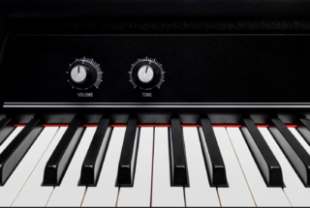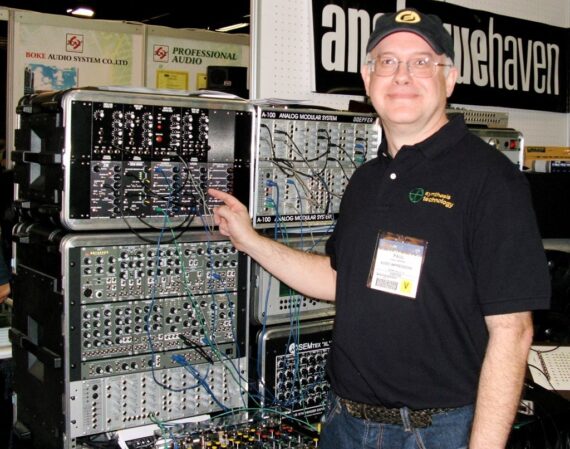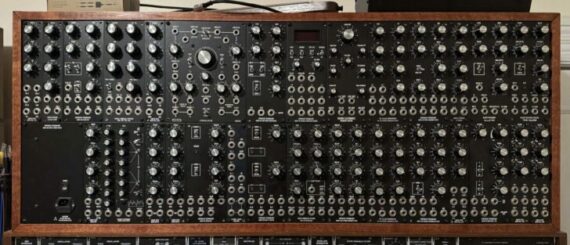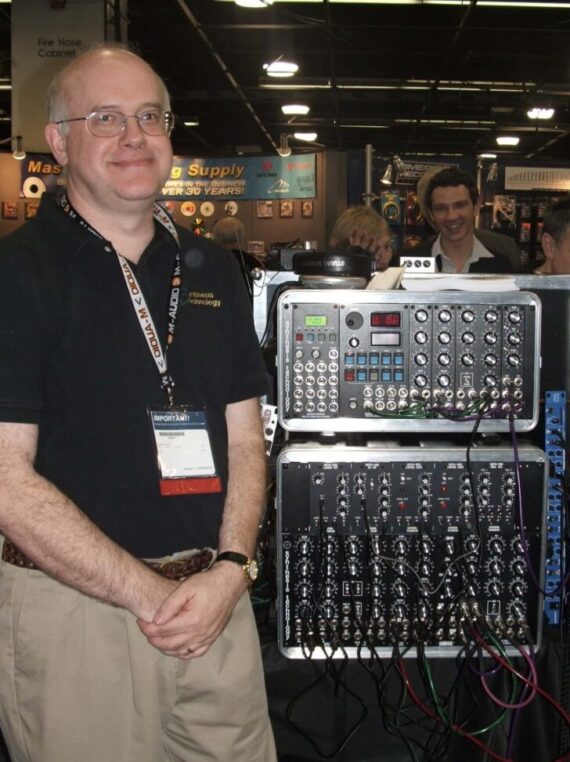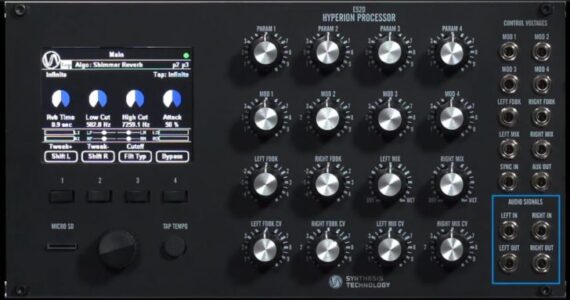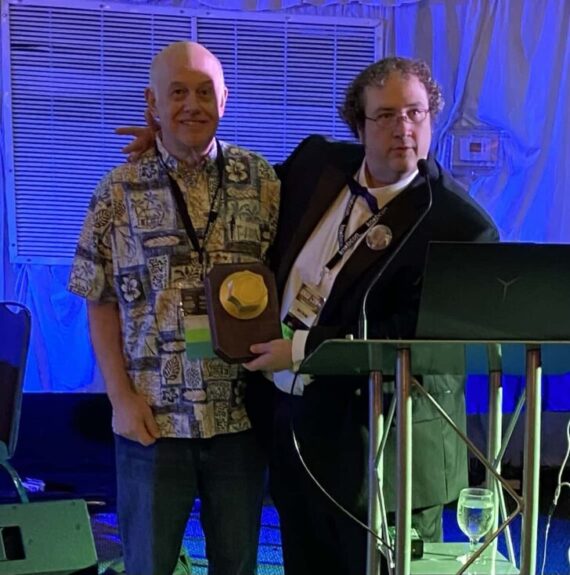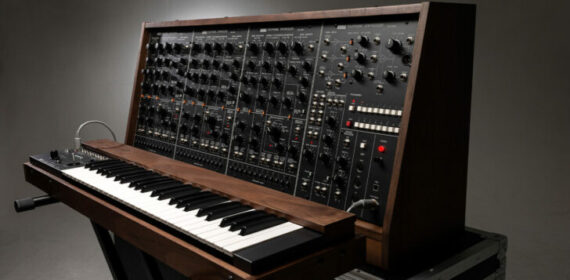Rhodes Introduces Stage 61 Piano
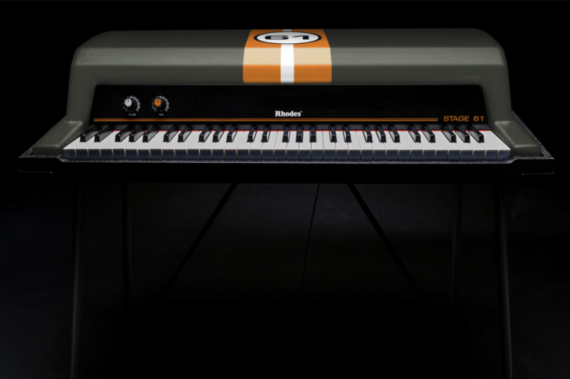
Rhodes Stage 61, a compact 61-key electro-mechanical piano.
Rhodes Music has officially launched the Stage 61, a fully passive 61-key tine piano that captures the signature touch, feel, and sound of a Rhodes in a compact, gig-ready design.
Built for touring musicians yet equally suited for studio environments, the Stage 61 will be available for preorder starting March 25, including a special Launch Edition limited to 61 units.
Since the Rhodes brand resurfaced in 2020, the company has continued to build on its rich heritage while introducing modern innovations. The Stage 61 is the latest addition to Rhodes’ legacy of handcrafted instruments, following the flagship MK8 piano in 2021, which has since expanded to include MIDI functionality.
The Stage 61 simplifies the Rhodes experience, returning to a stripped-down, classic design inspired by the original Rhodes pianos of the ‘60s, ‘70s, and early ‘80s. With a focus on playability and portability, it offers musicians a pure, unprocessed Rhodes sound in a format that stays true to its roots while catering to contemporary players.
“The new Rhodes Stage-61 perfectly embodies the classic Rhodes Stage tone, now housed in a compact and portable retro-future shell designed by Axel Hartmann,” said Dan Goldman, Chief Product Officer at Rhodes Music. “Utilizing the exact same (Kluge) keyboard, precision components, and technology found in our flagship MK8 tine piano, it’s the ideal choice for both stage and studio performers alike.”
Limited Launch Edition. To mark the launch of the Stage 61, Rhodes is introducing a limited Launch Edition, with just 61 units available worldwide. Axel Hartmann, renowned for his decades of experience designing musical instruments and the creator behind the MK8’s exterior, crafted this edition, which features a khaki green ABS hood with a premium wear-resistant vinyl finish, a black front panel with orange accents, and exclusive design details.
The Launch Edition’s aesthetic draws inspiration from classic ‘60s and ‘70s racing decals, blending vintage influences with a modern design approach. Previous limited-edition Rhodes releases — such as the MK8/75AE, which sold out instantly, and the MK8 Earth Edition, which is also now completely sold out — have proven highly popular among collectors and musicians alike.
Rhodes Stage 61 Key Features:
- 61-Key Kluge Klaviaturen Keybed – Precision-crafted by Kluge Klaviaturen GmbH (Steinway Group) for an expressive, piano-like feel.
- Classic Passive Circuitry – No external power required; delivers a pure analog signal path with volume and tone controls. Designed to be used with an amplifier, DI box, or preamp
- Compact and Portable – At 59 lbs, the Stage 61 is the most compact and portable Rhodes model to date.
- Authentic Sound & Feel – Tines, pickups, hammer tips, and the cable-driven sustain pedal are taken directly from the MK8.
- Studio & Stage Ready – Single jack output for seamless connection to amplifiers, interfaces, or pedalboards.
- Durable Build – Tolexed wooden case with a protective ABS lid ensures resilience for touring and studio use.
Preorders for the Rhodes Stage 61 will open on Tuesday, March 25, exclusively through the Rhodes website.
The Rhodes Stage 61 sells for $6,495 / £4,995 / €5,995, and the special Stage 61 Launch Edition (Limited to 61 units) is $6,995 / £5,495 / €6,495.
Customers may place a 20 percent deposit or pay in full; those who pay in full will also receive a complimentary instrument stand (valued at $500). Orders are expected to ship approximately six months after purchase.
